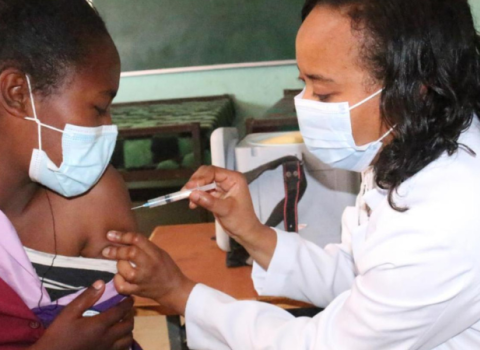
Innate said in an announcement on 21 June that it has registered its Document de Base with the French Autorité des Marchés Financiers (AMF), but having done so has been deterred by the state of the markets and will not proceed the IPO until at least September.
The decision to defer was taken because of the “current unfavourable equity market conditions,” according to Stéphane Boissel, chief financial officer. “The public markets in Europe and France have become volatile, so for a biotech company joining the market has become difficult,” said Boissel in an interview. “We have to wait for a more bullish market.”
The company has €35 million cash as of April 30, 2006, which on the current business plan will last to 2008. Money raised in an IPO, “will finance our development beyond 2008,” said Boissel. “We also want to expand the business with acquisitions whether of another company, or the acquisition of products. To do so we need additional financial resources. And we want to raise the profile of the company.”
Boissel said Innate has not set the amount it wants to raise.
The news came after Innate agreed a licence with Schering-Plough to develop toll-like receptors, or TLRs, for cancer treatments. Innate also has a research and development collaboration in the TLR field with France's cancer centre, Institut de Cancerologie Gustave-Roussy.
In April this year Marseille-based Innate announced a strategic partnership with Danish drug maker Novo Nordisk AS, valued at €25 million in upfront payments, R&D funding and preclinical milestone payments. Novo Nordisk took a €10 million equity stake in Innate Pharma, increasing its holding to 20 per cent.
Innate Pharma SA was founded in 1999 and has since raised €40 million in three rounds of financing. Innate was set up by four scientists from public research institutes. They are Marc Bonneville, a research director at CNRS and a director of the INSERM 463 Immunology Institute in Nantes, France; Jean Jacques Fournié, a research director at CNRS and director of the research group on unconventional antigens at INSERM 395 in Toulouse, France; Eric Vivier who was a professor at Marseilles University, France; and Alessandro Moretta, a professor of experimental medicine at Genoa University, Italy.





 A unique international forum for public research organisations and companies to connect their external engagement with strategic interests around their R&D system.
A unique international forum for public research organisations and companies to connect their external engagement with strategic interests around their R&D system.